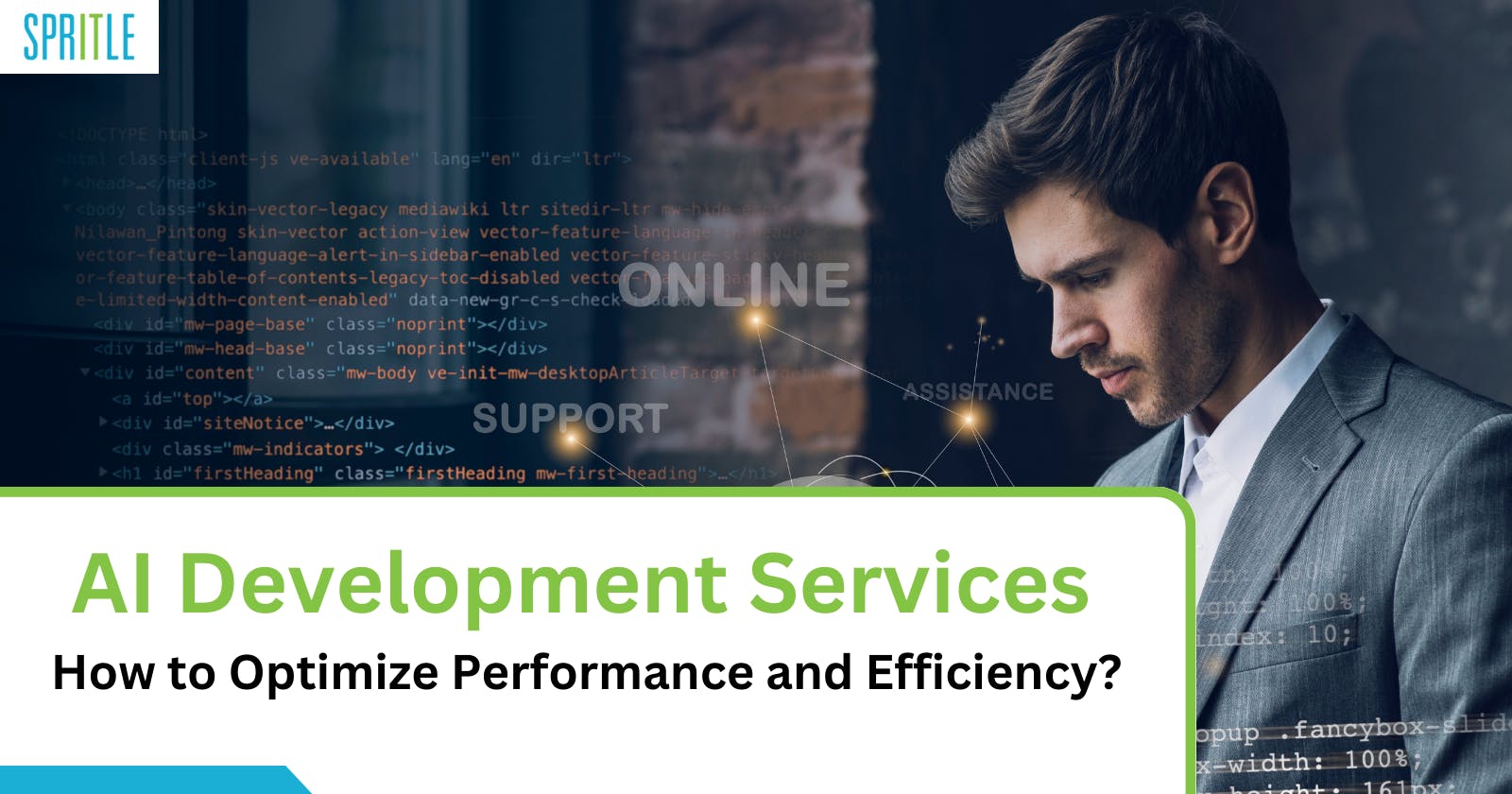Introduction
In recent years, artificial intelligence (AI) has made significant strides, transforming industries, enhancing user experiences, and enabling new possibilities. However, the growth of AI also brings challenges, particularly in terms of performance and efficiency. As AI systems become more complex, demanding, and widespread, there is a pressing need for services that can enhance their capabilities. In this blog post, we will explore some essential services that work to improve AI performance and efficiency.
Data Labeling and Annotation Services: High-quality data is the lifeblood of AI systems. Data labeling and annotation services help ensure that AI models receive clean, accurate, and well-structured data. These services employ human annotators or automated tools to label and annotate large datasets, making them suitable for training AI models. By improving data quality, AI systems can achieve higher accuracy and efficiency.
Model Training Platforms: Training AI models requires significant computational resources. Model training platforms offer cloud-based solutions that allow organizations to train AI models efficiently without the need for extensive on-premises infrastructure. These platforms provide scalable resources, enabling faster model training and experimentation.
Model Optimization Services: Once an AI model is trained, it can benefit from optimization services. These services fine-tune models to make them more efficient in terms of memory usage and inference speed. Model optimization helps AI applications run faster, reducing latency and resource requirements.
Automatic Hyperparameter Tuning: Hyperparameter tuning is a critical step in optimizing AI models. Automatic hyperparameter tuning services use algorithms to search for the best combination of hyperparameters, reducing the need for manual trial-and-error processes. This results in faster model development and improved performance.
AI Monitoring and Management Tools: Ensuring that AI models perform as expected is an ongoing challenge. AI monitoring and management tools help organizations keep a close eye on their AI deployments. They provide insights into model performance, alerting users to potential issues and suggesting corrective actions. These tools are vital for maintaining AI systems' efficiency and reliability.
AI Model Deployment Platforms: Deploying AI models into production environments can be complex. AI model deployment platforms streamline this process, making it easier to integrate AI capabilities into applications and services. These platforms often support containerization and orchestration to ensure efficient and scalable deployment.
Transfer Learning Services: Training AI models from scratch can be time-consuming and resource-intensive. Transfer learning services allow organizations to leverage pre-trained models and fine-tune them for specific tasks. This approach reduces training time and resource requirements while maintaining high performance.
AI Hardware Acceleration: Hardware acceleration services, such as GPUs and TPUs, are essential for improving AI performance. These specialized hardware options provide the computational power needed for training and inference tasks, significantly boosting efficiency.
AI Consulting and Support Services: Many organizations are new to AI and may require guidance on how to implement AI solutions effectively. AI consulting and support services offer expertise in AI strategy, implementation, and optimization. They help organizations make informed decisions and get the most out of their AI investments.
AI Ethics and Bias Mitigation Services: Ensuring ethical AI practices and addressing bias in AI models are essential. AI ethics and bias mitigation services help organizations identify and mitigate bias in their AI systems, promoting fairness and accountability.
Conclusion:
AI development services are indispensable for businesses aspiring to optimize performance and efficiency. Understanding the intricacies of AI, from data analysis to algorithm development, and implementing optimization strategies are key steps towards leveraging AI's transformative potential.
